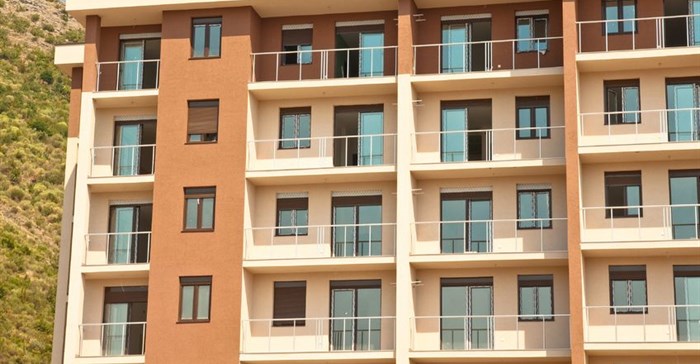Renting out private property without headaches

"There are various reasons for this, among them being the fact that the brokerage is often not justified in relation to the perceived service," says Grant Rea, certified residential letting specialist at RE/MAX Living.
Rea notes that he would like to see the rental business in general upgrade its poorly perceived reputation by offering helpful tips and hints to landlords, when the letting of a single investment property may be something a landlord chooses to rent out privately.
"If private landlords do lettings well and are equipped with the proper information and tools, the whole industry benefits as unscrupulous tenants are weeded out and good tenants rewarded. Often a private landlord, being unfamiliar with the various pitfalls and obligations between tenants and landlords, suffers in silence because obtaining legal advice and council is simply too costly," he says.
Helpful tips
Rea offers private landlords candid and real advice by providing his seven most helpful tips:
- Ensure the tenant is vetted with at least one favourable reference from a previous or current landlord, along with a credit screening (a vital screening tool). Also ensure that the income of the applicant can cover their rental expenditure.
- Never use a generic lease bought over the counter at a stationery store. These are grossly inadequate in ensuring crucial clauses are agreed upon to ensure all parties' obligations are highlighted. If the landlord cannot afford a legally drawn up lease agreement, they can obtain one for a reasonable fee from various online resources.
- It is not advised to forgo on a deposit for any reason. The deposit should be paid upfront and invested in an interest bearing savings account at the very minimum. The interest earned on the deposit will accrue to the tenant. Landlords cannot access these funds for any other purposes than the tenant not meeting obligations in terms of the lease. The landlord should ask for at least one and a half months deposit, as a month's deposit is simply inadequate in the current market.
- It is an obligation by law to jointly inspect the property at commencement of the lease and make good record of the current state of repair of the property. Many landlords neglect this exercise and pay heavily for it at the termination, as deductions will be disallowed by a Rental Housing Tribunal in the absence of good record. Rea suggests that landlords take video footage with a digital camera or phone. If video is not an option, photographs that are date stamped are the very minimum. A good record eliminates disputes.
- Make it clear to the tenant that any maintenance item beyond wear and tear, or instances where the property is not rendered uninhabitable, will most likely be for the tenant's attention and cost to repair. Properties must be 'reasonably fit' for the purpose of tenancy and this would include the property being safe and sanitary.
- Ensure the tenant is given notice of non-payment the very day they are late with their rent. If the landlord insists on using electronic means, they should ensure that they keep notices via text, WhatsApp and email as record. It is a common myth that rent is due roughly around the seventh day of the month. It is important that the tenant knows when the rent is due and that it clears on the date agreed upon in the lease. If this is not adhered to they must be found in breach of their agreement.
- Move swiftly and be decisive if the tenant stops paying. Courts will need to see due process when approaching legal representation, so be proactive and do not leave a situation of non-payment for even one day.






















